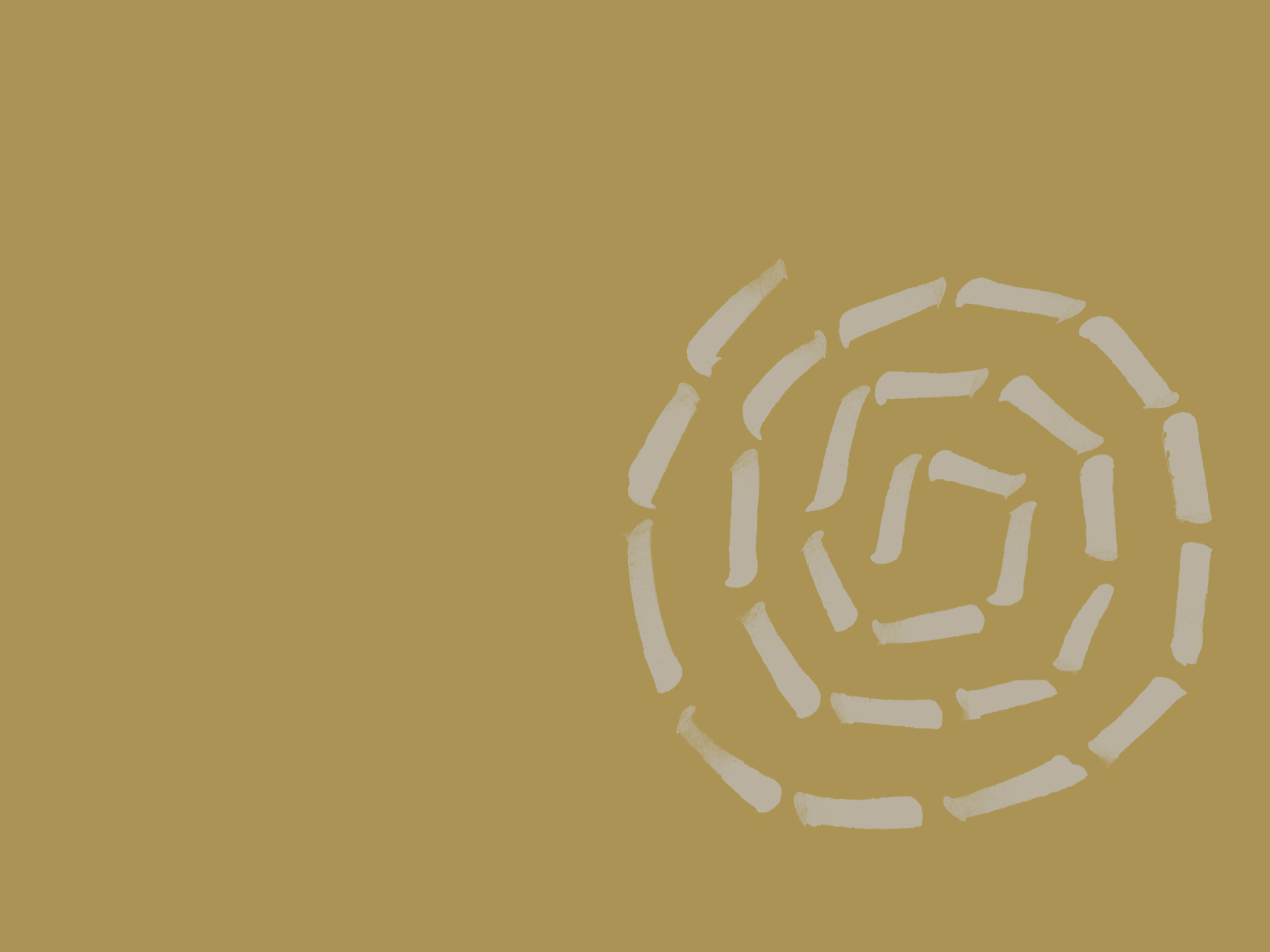Based on the Dutch tool Stemwijser, in 2009 Glasovoditel was implemented for the second time after 2005 for national elections, and for the first time for European elections in Bulgaria. It is an internet based interactive tool, which allows the citizens to fill a questionnaire with specific policy proposals taken from party programs, to express their personal positions on these proposals, and to discover which party’s declared positions fall closest to their own. For the European Glasovoditel more than half of the questionnaire dealt with explicitly European issues.
Glasosleditel (vote tracker) is the actual implementation of a CLS original idea to combine the same internet-based engine as Glasovoditel, but to use it to increase the awareness of the citizens about how the major Bulgarian parties actually voted in Parliament over the expiring mandate. A CLS-led team selected a list of 30 actual votes over the last 4 years which were both interesting from society’s point of view, and politically divisive among the different parties present in Parliament. The tool allows the citizens to fill in how they would actually vote for each proposal, and then to discover which party was closest to them, i.e. which party with its actual voting most closely represented their interests in Parliament.
A total of close to 30 thousand users visited the project website and performed at least one of the three tests between their launch in May and the national election on July 5, 2009. There were numerous comments and discussions about through both email and various online forums. A major indicator of the significant social impact of the Glasovoditel and Glasosleditel tool was the decision on the part of the Bulgarian National Television, the public television in the country, to base a significant portion of its pre-election debates between parties and candidates for both the European and the National elections on the statements formulated in Glasovoditel. This provided the project with the opportunity to reach the public not only through the online channel, which is still relatively underdeveloped in Bulgaria except for the youngest generation, but also through one of the major traditional mass media channels, thus significantly increasing its overall impact.
The overall evaluation of the CLS team is that the Glasovoditel/Glasosleditel 2009 project was a very significant success, and provided the Bulgarian citizens with an important and actively used instrument to both hold their politicians responsible for their past political decisions and be well informed about their future intentions and promises. And while the team continues to develop both tools towards new possibilities, the existing results indicate that both tools can be effectively used throughout the region of Southeastern Europe.
Period: Feburary 2009 - December 2009
